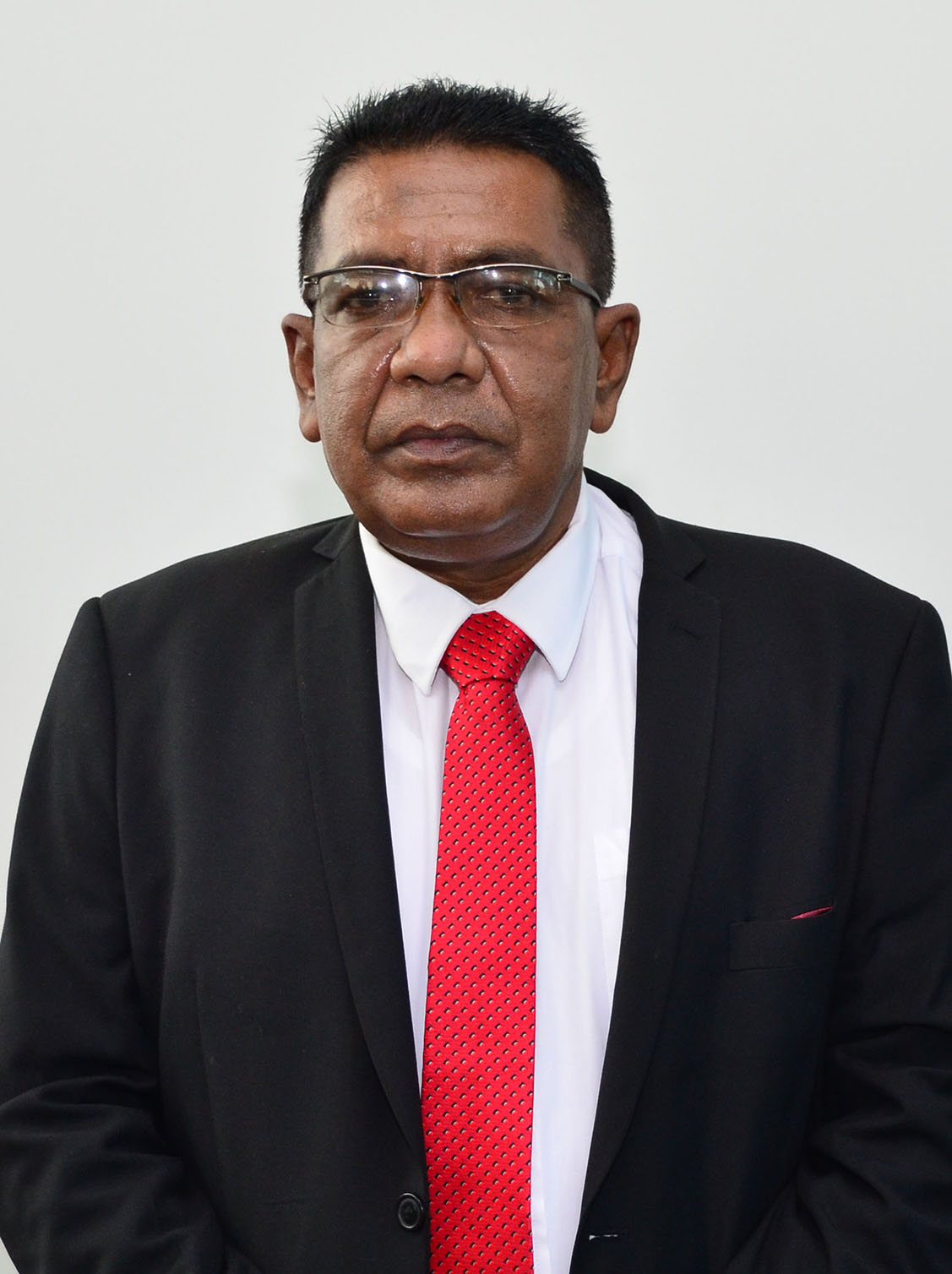So animated has the region become by the challenge associated with finding ways through which it can enhance its food security, that it appears willing to embrace any initiative that appears to be headed in that direction. While not a great deal has occurred since the January launch of the US$5.3 million Caribbean Agricultural Productivity Improvement Activity (CAPA) – alongside other undertakings – in terms of information, not a great deal too has been heard of the undertaking since its launch by the United States Agency for International Development (USAID).
The particular stated objective of the CAIPA undertaking is to increase food security efforts while strengthening farmers’ livelihoods, undertakings that bear a striking resemblance to previous utterances on the issue of Caribbean food security. CAPA says that the envisaged US$5.3 million project will take aim at providing various forms of support for farmers seeking to increase the production of fruit and vegetables and to create linkages between producers and consumers, undertakings that have been repeated here in the region with monotonous regularity over time.
The January launch of the initiative at the University of Guyana saw the disclosure that the project will utilize what was described as “an integrated value chain approach to support value addition and practical storage solutions to preserve shelf life while easing the implementation of on-farm technology like climate-smart practices and shade shelters to boost yields.” All of this is ‘well said,’ of course, providing that it takes account of what, not infrequently, is the region’s propensity to appear, sometimes, to lose its way in the height of project execution.
What Guyana’s Agriculture Minister, Zulfikar Mustapha, reportedly had to say about the implementation of the CAPA initiative being undertaken “at a critical time,” that is, amidst a wider global food crisis, ironically, raises issues that may very well have implications for the successful completion of the project. The minister, of course, will know only too well, that when it comes to the matter of shoring up global food security, there is, at the moment, no shortage of ideas and proposals on the table.
CAPA’s overwhelming optimism would appear to have led it to the commitment to “lessen the region’s poverty, food insecurity, and malnutrition,” though there can be little doubt, that even at this early stage, it must surely be sobered by its undertaking in a region where concerted action is, all too frequently, not a corollary to high-sounding undertakings.







